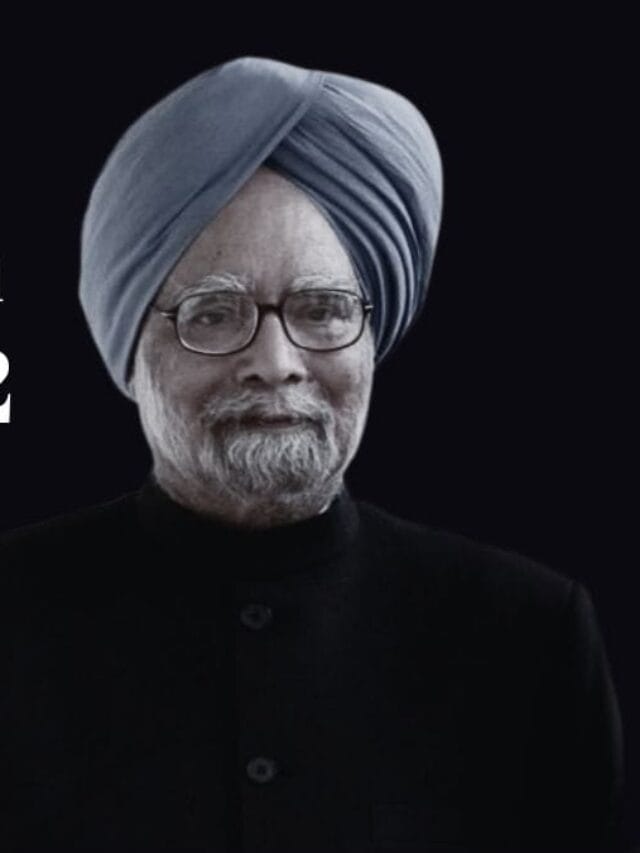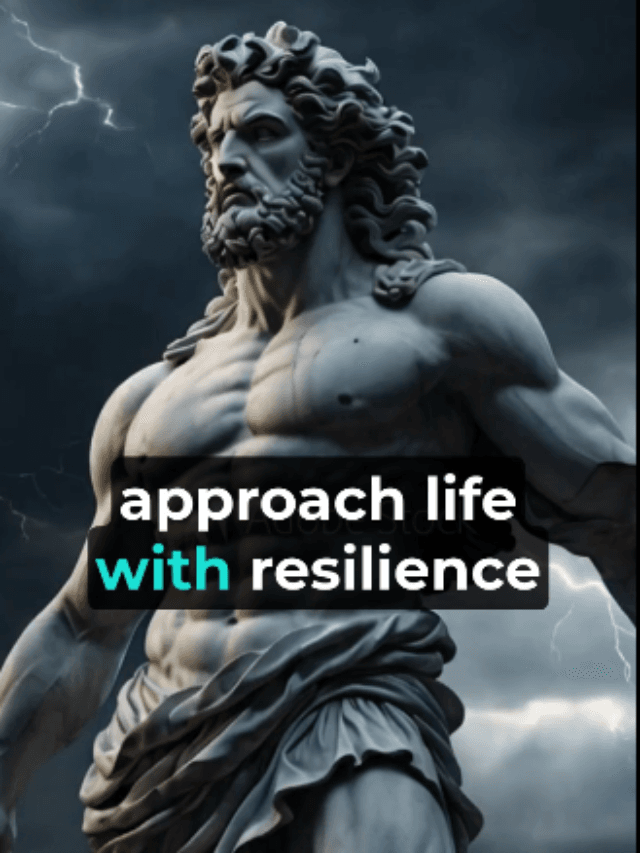

10 Life Changing Lessons from the Best Books
Here are the 10 Life Changing Lessons from the Best Books in the World, including insights on habits, purpose, relationships, and success.
1. “Atomic Habits” by James Clear
This book emphasizes the power of small, incremental changes in habits. Clear explains how habits are formed through a “cue-routine-reward” loop and how to modify them effectively. By focusing on systems rather than goals, individuals can ensure consistent improvement. Clear also introduces the concept of habit stacking—linking new habits to existing ones—and stresses the importance of tracking progress. The key takeaway is that minor, daily improvements compound into significant transformations over time. It’s not about dramatic changes; it’s about making 1% progress every day toward your desired identity.


2. “Meditations” by Marcus Aurelius
This timeless work by a Roman emperor delves into stoic philosophy. Aurelius reflects on controlling what is within our power and accepting what isn’t. He advocates for self-discipline, virtue, and maintaining inner peace regardless of external circumstances. The book encourages introspection, urging readers to focus on thoughts and actions that align with wisdom and morality. Life is transient, so live in the present and perform your duties with integrity. Aurelius’ reflections offer practical wisdom on handling challenges and achieving serenity by focusing on values like courage, justice, and humility.


3. “Think and Grow Rich” by Napoleon Hill
Hill outlines a philosophy for achieving success based on definiteness of purpose, faith, and persistence. Through interviews with successful individuals, he identifies principles like desire, visualization, and masterminding. Hill emphasizes the importance of autosuggestion—repeating affirmations to condition your mind for success—and overcoming fear. The book underscores the need for a burning desire, supported by actionable plans. Surrounding yourself with positive influences and mentors enhances the journey. Ultimately, success is a mental state that starts with a clear vision and determination to achieve it.


4. “Sapiens” by Yuval Noah Harari
This book explores the history and evolution of Homo sapiens, explaining how shared myths—like religion, nations, and money—have shaped societies. Harari argues that our ability to cooperate flexibly and in large numbers sets humans apart. He discusses major revolutions: cognitive, agricultural, and scientific, and their impact on human culture and behavior. Harari also questions modern progress, examining its costs to happiness and the environment. “Sapiens” is a thought-provoking journey into humanity’s past and a reflection on our collective imagination’s role in societal advancement.


5. “Man’s Search for Meaning” by Viktor Frankl
Frankl, a Holocaust survivor, explores how meaning sustains life, even in suffering. He recounts his experiences in concentration camps, emphasizing the power of purpose. The book introduces logotherapy, which helps individuals find meaning in life through work, relationships, or enduring adversity. Frankl argues that while we can’t control circumstances, we can choose our attitude. This choice gives life its meaning. Suffering, when faced with dignity and purpose, transforms into a personal achievement. The book is a profound reminder of the human capacity for resilience and finding hope amidst despair.


6. “The Alchemist” by Paulo Coelho
This allegorical tale follows Santiago, a shepherd, on his journey to find treasure, symbolizing personal dreams. Santiago learns to trust his heart and follow omens as he discovers that the true treasure lies in self-discovery. The story emphasizes listening to intuition and understanding that life’s setbacks are part of the journey. Coelho portrays the “Language of the World,” where everything in the universe is connected. The key lesson is to pursue your “Personal Legend” with courage and persistence, as the universe conspires to help those who chase their dreams.


7. “The 7 Habits of Highly Effective People” by Stephen Covey
Covey outlines principles for personal and interpersonal effectiveness, starting with self-mastery (be proactive, begin with the end in mind, and prioritize). The next habits focus on collaboration (think win-win, seek to understand, then be understood, and synergize). The final habit, sharpening the saw, emphasizes continuous growth. Covey’s framework is built on aligning actions with principles, fostering trust, and managing time effectively. The book emphasizes balancing work, relationships, and self-renewal, enabling individuals to lead fulfilling lives. Its actionable strategies are grounded in timeless values.


8. “The Four Agreements” by Don Miguel Ruiz
Ruiz presents four principles for personal freedom. First, be impeccable with your word: speak truthfully and avoid self-criticism. Second, don’t take things personally: others’ actions reflect their reality, not yours. Third, avoid assumptions: communicate clearly to prevent misunderstandings. Finally, always do your best, recognizing that “best” varies with circumstances. These agreements, rooted in Toltec wisdom, help break limiting beliefs and foster emotional well-being. Ruiz emphasizes that by adopting these practices, individuals can cultivate healthier relationships and greater inner peace, leading to a liberated, joyful life.


9. “How to Win Friends and Influence People” by Dale Carnegie
Carnegie provides timeless advice on building strong relationships through empathy and effective communication. He advises showing genuine interest in others, avoiding criticism, and offering sincere appreciation. The book stresses the power of remembering names, listening actively, and discussing what matters to others. Carnegie’s strategies for persuasion include making others feel important and framing requests in terms of their benefits. By focusing on mutual respect and understanding, the book demonstrates how to influence people positively, win cooperation, and create meaningful connections in both personal and professional life.


10. “Eat Your Problem” by Samear Thapa
Eat Your Problems” is a self-help guidebook designed to help you tackle common psychological challenges that hinder your personal and professional growth. This book provides practical solutions for common psychological challenges like overthinking, lack of focus, procrastination, and more. Each chapter explains the underlying causes of each problem, discusses its effects on life, and gives simple, practical solutions that anyone can apply instantly to overcome their issues. All the causes, effects, and solutions for each problem mentioned in this book are backed up by science various research conducted, and also by author’s personal experiance making this book highly effective and universally applicable.


Read our latest articles- https://genzfitness.in/
Read our latest book- https://eatyourproblems.store/





